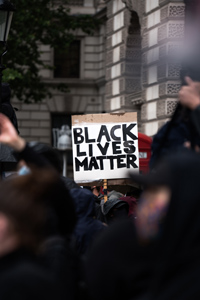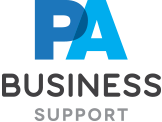We have been shocked and appalled to witness the death of George Floyd in America, and incredibly moved to see the resulting Black Lives Matter protests spread around the world.

Our industry, recruitment, has possibly the greatest responsibility to ensure we eradicate racial discrimination, and to focus solely on the calibre and quality of individual ability, of any industry. However, we understand that it is insufficient simply to say that we are against racism while it is still a huge problem in the workplace, as report after report continues to show: current figures suggest around 60-70% of workers from minority-ethnic groups have suffered unfair treatment or racial harassment. As recruiters, we are in the privileged position of being able to do something about it, and therefore we must – if we don’t, in 10 years from now it will be the same.
We do not claim to have all the answers. We need to work collectively to educate ourselves (and others), and to identify, acknowledge and implement strategies to combat racism wherever we may encounter it. We have already been engaged in conversations with many of our clients and candidates who have shared thoughts, views and experiences. It is inspiring to see how motivated our industry is about this topic. The next step is to become accountable for implementing change.
One of the terms we’ve been using a lot is racial equity. Racial equity is when race no longer determines your socioeconomic outcome. It’s when everyone has what they need to thrive, no matter where they live, or where they work. The often overlooked problem is that, while companies may implement effective policies for dealing with racism (as in, racist behaviour), many institutional practices tell a different story when it comes to racial equity. We are talking, in particular, about ‘company culture’, which (often unintentionally) can promote racial discrimination in a way which is a challenge to deconstruct for progressive debate, let alone address with the kind of targeted and nuanced solutions needed to fix it.

There are a range of contributing issues, many different ideas of what progress, equality and fairness look like, and how we could achieve those goals. Absolutely essential, however, is the recognition of the need, awareness of the problem, and the pro-activeness do something about it. An imbalanced system makes all of us pay – economically, socially, and culturally – and that is unacceptable, to us as business leaders, but more importantly, to us as human beings.

So, over the coming weeks we are going to play our part in addressing social injustice and inequality. We are going to implement and embed a way of working and doing business which we believe will address racial equity in a positive and proactive way, one that will lead to sustainable change. Whether this means focusing on establishing and supporting a more diverse share-of-voice in the professional environment, or building relationships with more black and minority-ethnic-owned businesses, or both, we will be putting it to the front of our agenda. We will also make our policies on, and approach to, racial equity and diversity in the workplace, explicitly clear with both our clients and our candidates. We do not expect it to be a smooth journey, but we embrace the learning curve, and we refuse to bury our head in the sand.
If you’re interested in helping us support the movement for social change and would like to know more, or even offer your own insight and advice from a professional and recruitment perspective, then we’d be really interested to hear from you.




